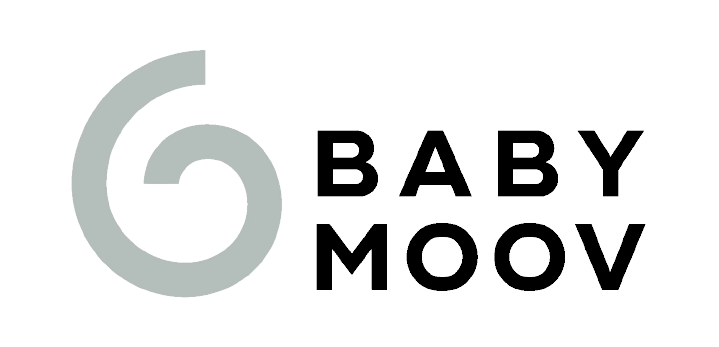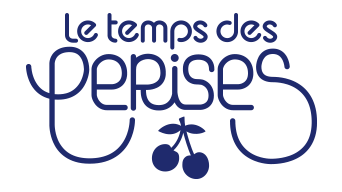Home > Retail translation > Agri-food translation
Translation services for the agri-food sector
The agri-food industry is one of the biggest exporters in France and Europe.
As such, stakeholders in the agri-food production and distribution sector have highly international business activities and face translation challenges on a daily basis: organising translation production, managing and distributing translated content in a culturally sensitive way, ensuring accuracy and precision given the regulatory constraints on products.
Translation is a major challenge for companies that want to promote their products in all markets and win over new consumers.
The importance of localisation for marketing content
When an agri-food company wants to establish itself in a foreign market, it has to communicate effectively with local consumers.
This includes translating all marketing content, such as content for social media, product data sheets for distributors, as well as websites.
High-quality translation is essential to convey the company’s key messages and highlight the features and benefits of its food products.
In a B2C communications world where content is growing exponentially, EuropaTrad is on hand to help you take advantage of all the emerging technologies for generating and translating this content, while ensuring accurate and attractive translations for your consumers.
Packaging translation: a key element of international success
In addition to marketing content, agri-food companies also need to translate the information on their packaging. Consumers in every country need to be able to understand the ingredients, instructions for use and nutritional information on the products they buy. This is what will underpin their purchasing decision and their satisfaction.
Accurate and clear translation of packaging, excluding any misunderstandings or approximations, is also essential to comply with local regulations.
EuropaTrad: your trusted partner for agri-food translation
Faced with these challenges, it is vital to call on the services of an experienced translation provider in the agri-food sector.
Our commitments:
- Producing high-quality editorial translations, adapted to the target audience and cultural environment.
For example, we can help you write catchy slogans, appetising descriptions or convincing testimonials for your products. - Complying with marketing standards and rules, taking into account the specificities of the agri-food sector and consumer expectations.
For example, we can advise you on the key words to use, the colours to avoid or the symbols to comply with for your packaging. - Ensuring translations comply with the regulations, verifying the accuracy of product information and ingredients in target languages.
- Using suitable tools and technologies to ensure consistent terminology, project management and on-time delivery.
For example, we can work with you to create translation memories and glossaries that make your work easier and ensure consistent content in all languages.
Having the best translators on hand for a comprehensive approach to content
For your projects, our translators are specialists in the agri-food sector. They have in-depth knowledge of the technical and terminological specifics of this field. Their expertise enables them to efficiently translate all your marketing content and packaging, while maintaining the consistency and quality of the messages you want to convey.
EuropaTrad understands that every agri-food translation project is unique. That’s why we offer a tailor-made approach, for the specific needs of each company.
Translators work hand in hand with clients to gain an understanding of their expectations and ensure that the translation accurately reflects the company’s image and enhances its products.
Companies operating in the agri-food sector often have to adhere to strict product launch schedules. Aware of the importance of these deadlines, EuropaTrad is committed to meeting them scrupulously, while guaranteeing high-quality translations. Thanks to its rigorous organisation and efficient project management, EuropaTrad meets the expectations of the most demanding agri-food companies.
EuropaTrad takes pride in delivering high-quality translations. Each translation is proofread by a second translator to ensure the final text is accurate and fluent. We also use state-of-the-art technological tools to ensure consistent terminology and to facilitate the translation process.
Let’s work together!
Is your content finalised
and ready to be translated?
Would you like to assess your needs and discuss your translation strategy?
What file formats can we handle?
EuropaTrad can handle most file formats containing formatted or unformatted text.
Common file formats (MS Word, Excel, PowerPoint), but also publishing formats (InDesign, Publisher, AutoCAD, etc.) and data exchange formats (JSON, xlf, xml, etc.).
How much does a translation cost?
Our translation pricing system is based on the number of words contained in the source documents.
We reduce the cost of translations with our CAT software that uses translation memories and helps to detect any repetitions in files.
This allows us to offer you better turnaround times and make sure the work is consistent.
For our regular clients, we use translation memories as a reference for every new order.
Prices also depend on the chosen translation solution, adapted to the content and use context.
How is the confidentiality of the translations ensured?
All confidential documents entrusted to us are protected by professional secrecy as defined in article 226-13 of the French Penal Code, as well as by the commitments and terms and conditions stipulated in EuropaTrad’s T&C.
To back up these commitments, we sign specific confidentiality agreements with our clients on request.
How can translation costs be reduced?
Several steps help to reduce translation costs:
– Preparing your documents so they’re fully editable – translating PDF documents is more expensive because they need to be reformatted first.
– Entrusting the translation to a language service provider that manages translation memories for you and allows you to easily reuse previous translations.
– Selecting translation solutions and their level of accuracy according to the use of documents and content.
What languages are translated?
We translate more than 60 languages.
We cover all European languages as well as the main languages of international communication.
Most of the project we handle for our clients are multilingual translations: from and into several languages at once, and including not only multilingual documents, but also multilingual websites or videos.
How much time does a translation take?
Translation speed depends directly on the complexity of the source text, and the translation solution used.
Depending on the quality required and the length of the documents to translate, the turnaround time could be anything from 24h (e.g., for a 2- to 4-page document) to several days.
Whatever the format of the content and the level of quality expected, our quotes systematically mention the time needed for the translation.
Translation turnaround times are given in the presentation of our solutions.
Then there’s the time it takes for any page layout adjustments or validation of the insertion of translations into a website or software interface.
What translation service / solution should you choose?
EuropaTrad offers several translation solutions, which adapt to content use and publication contexts and requirements.
We provide advice and listen to your needs to help you confidently choose the best solution.
Ask us for a free audit.
How can you reuse translations?
Are your documents to translate similar or repetitive?
By entrusting your translations to EuropaTrad, you ensure the best possible reuse of text and content already translated via use of professionally-kept translation memories.
This technique and the multiple connectors we offer mean translations can be reused easily in all systems and content managers where they are needed.
This guarantees the consistency and rigorous management of content updates.
For our clients who have translation memories, we can reuse them easily.











